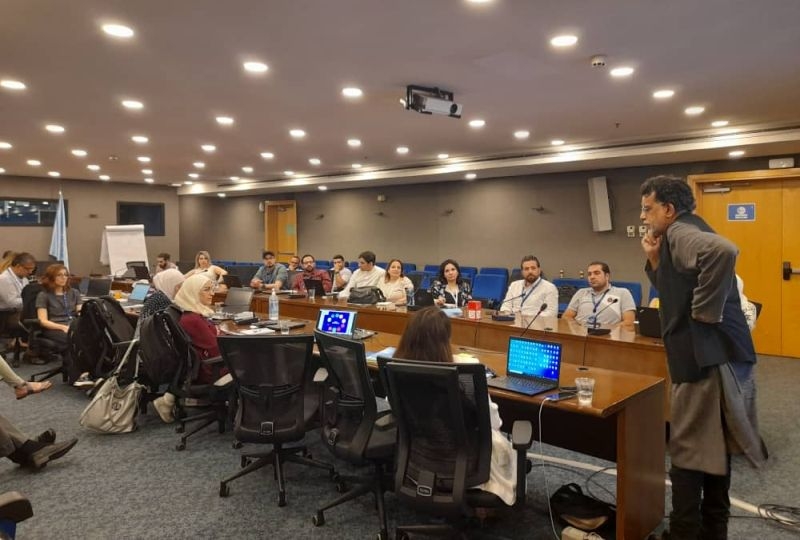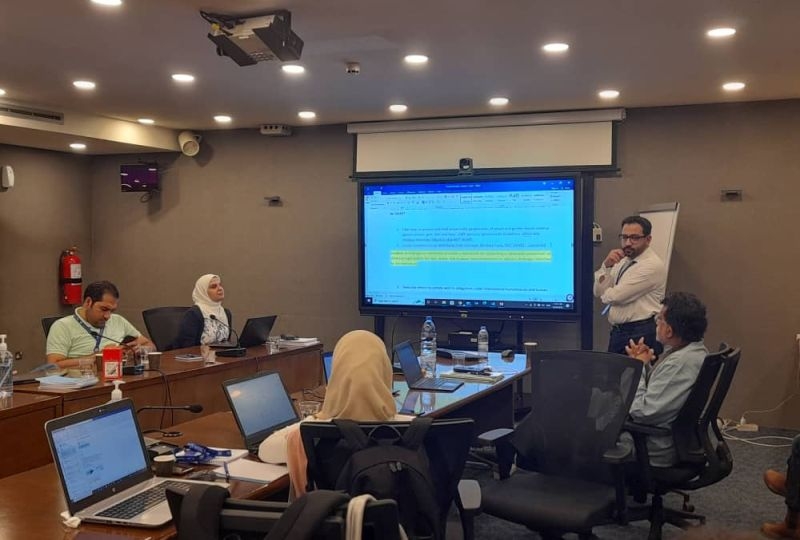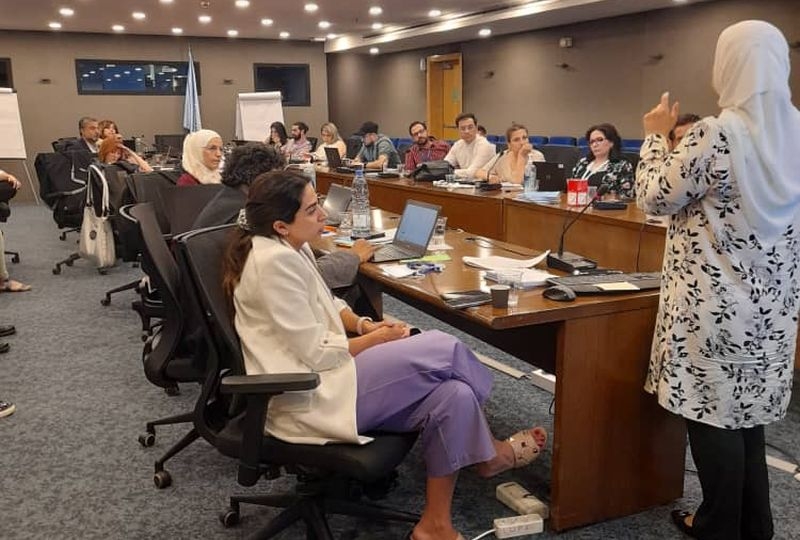During three days in Beirut, 26 practitioners working in Syria for various UN entities – UNESCO, WHO, UNICEF, ILO, UNHCR, OHCHR, UNOCHA, UN Women, UN-HABITAT, the Office of the UN Resident Coordinator for Syria, UNFPA and UNDP. The vast majority of participants were Syrian nationals, who learned how to follow up in the implementation of UPR recommendations including via the conversion of UPR recommendations into SMART recommendations, the development of indicators to track implementation, as well as via the drafting of a human rights action plan in coordination with national partners.
‘We are eager to ensure proper follow-up to the UPR recommendations in Syria, notably to ensure access to quality healthcare and social services’ highlighted Omar Ballan, Assistant Representative of UNFPA in Syria – Officer in Charge.
The course was also the occasion to learn about implementation best practices in other countries, to reflect on the various agencies’ role in the implementation of the recommendations and to discuss the synergies between the UPR and other human rights mechanisms as well as the Sustainable Development Goals.
‘The main objective of the course was to train the Syria UNCT on the UPR process in order to increase their participation – both in relation to the contribution of the UPR report itself but also in relation to follow-up and implementation’ explains GHRP Advisory Board Member Miloon Kothari, who led the course.
‘We conducted the course in an interactive and participatory mode, combining illustrated lectures and group exercises – including on how to draft SMART recommendations and utilize the sophisticated tools and matrices developed by various actors at the national level to monitor progress with the UPR recommendations – to ensure maximum participation and involvement’ he adds.










